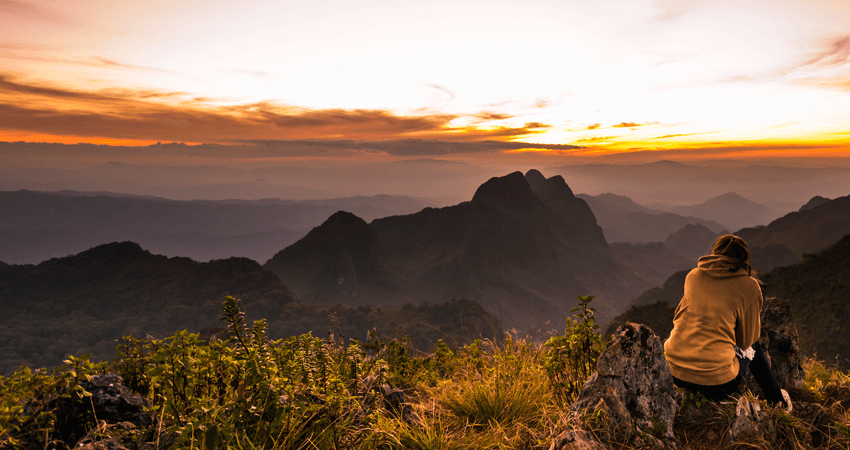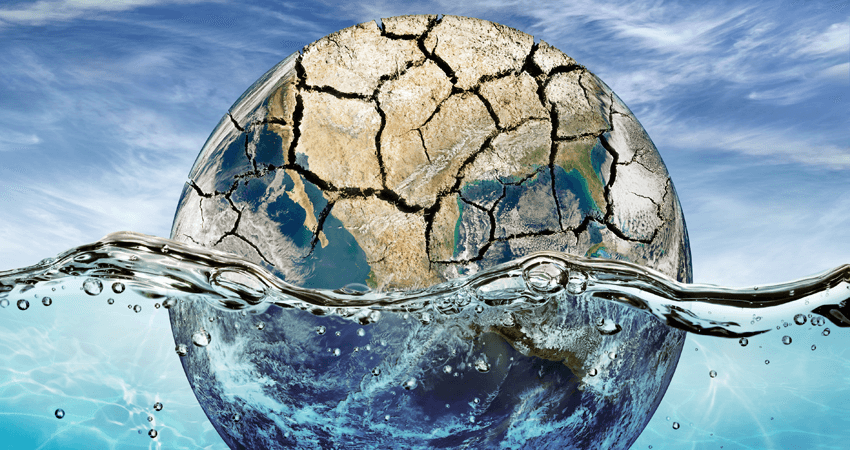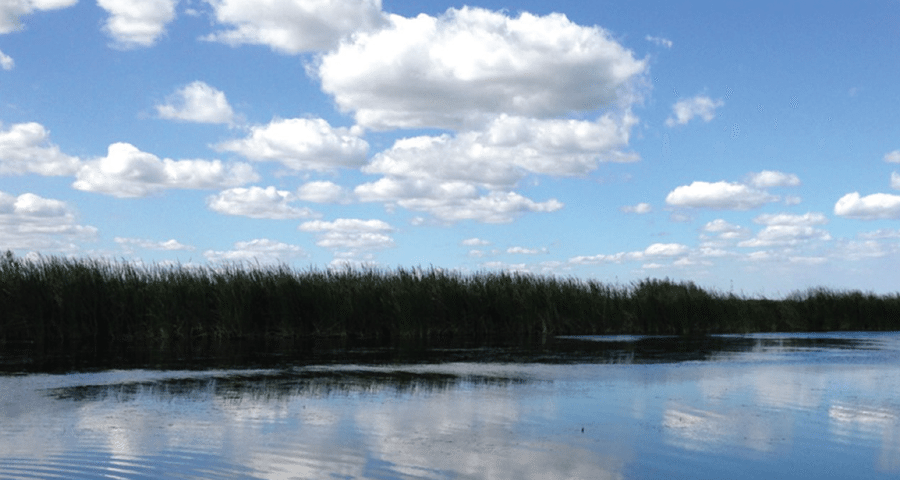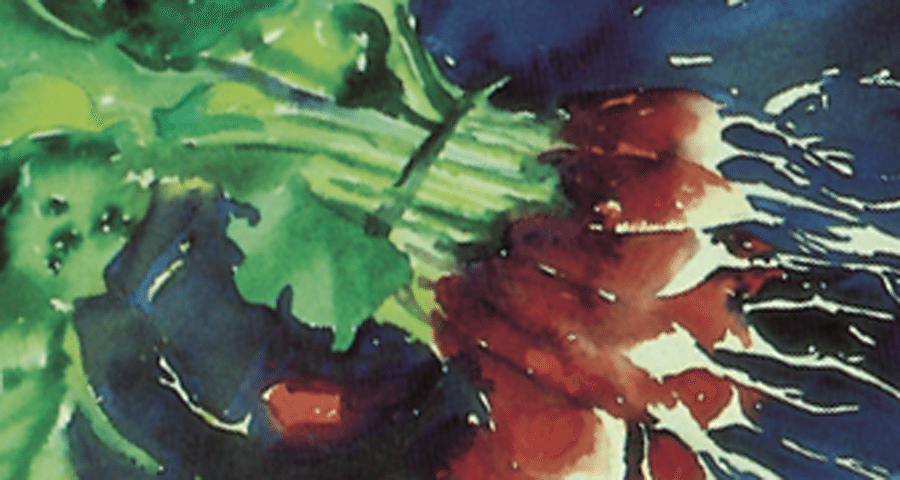
3 Ways to Promote Personal Health & Ecological Well-Being
Categories: Ecology & Sustainability Guest Post
As I sit down to write this, looking out the window from my house in northern Vermont, we’ve recently transitioned into spring. But unlike many other past transitions out of winter, this year’s change isn’t from cold, snow, and ice into more warmth, sunshine, and the green of new grass. While the temperature is increasing alongside the first signs of new growth in our yard, we’ve just finished what many people are calling the “winter that wasn’t.”
Rather than the cold, sub-zero temperatures we’re accustomed to here in New England, this winter has been unseasonably warm. We’ve had a few cold days over the past few months but we’ve also have long stretches well above freezing, with temperatures reaching over 50 degrees during what is often the coldest part of winter. We’ve also had some snow this winter but much less than usual. One Vermont ski mountain was only open 45 days due to very little snow—dramatically less time than the usual 4 or 5 months. And while the mountain where I ski has been open for most of the season, it’s had less than half of its yearly average of snow.
As has been much discussed, the warmth and dramatic decrease of snowfall here in New England this winter is part of the larger process of global warming. Several decades of climate research demonstrate conclusively that the planet is warming and the weather is changing due to the greenhouse gases we’re emitting. Along with the voluminous amount of data about our warming planet, there is also more recent research that indicates that the planet’s ability to sequester the gases we’re emitting is decreasing. Due to the loss of forests and permafrost and the acidification of the oceans, the planet is less able to absorb emissions. And as a practitioner of Chinese medicine, it’s clear to me that this dynamic is not only appearing in the world around us, it’s happening within us as well.
Almost all of what we hear about climate change comes from a Western perspective. We hear about melting glaciers, melting permafrost, and increasing intensity of storms. We also hear about the importance of reducing our impact on the planet by reducing greenhouse gas emissions through driving efficient cars, installing solar panels, and eating local food. All of these are undoubtedly important, but if we were to look at climate change from a different view, we would see that what is happening ecologically is being mirrored by what’s happening within us.
As we recognize the interconnectedness of the world and our place within it, embracing holistic approaches extends beyond just understanding climate change from an Eastern perspective. In line with the principles of unity and balance, sustainable practices like solar panel installation reflect the harmony between human activities and the environment. By aligning our actions with the wisdom of ancient traditions that see us as an integral part of nature, we can collectively work towards a more sustainable and harmonious future for both ourselves and the planet.
For several thousand years, Chinese medicine has understood the world as an integrated whole. Rather than seeing our individual lives as separate from what’s happening in nature, an Eastern view sees the world holistically, where we are part of the world around us. Part of the importance of this well-developed, time-tested medical tradition is that we can see how the same dynamic that’s creating global warming appears in how we see the world.
In looking at this dynamic through the lens of Chinese medicine, what’s occurring is that the climate’s heat—which Chinese medicine associates with Yang—is increasing, while its coolant—which is associated with Yin—is decreasing. In addition to being associated with heat, Yang also relates to activity, the desire for more and newness; Yin relates to not doing, the satisfaction of having less and the old. The fact that so many of us favor activity over inactivity, more over less, and the new over the old speaks to our internal overvaluing of Yang and undervaluing of Yin.
There are the ecological consequences of our constant driving and flying, as well as environmental repercussions to our focus on constantly purchasing new things and the consumerism that calls us to buy more, though often leaves us less satisfied. There are also similar effects to our internal environment, where many of us find it difficult to relax. Understanding and creating balance within ourselves is therefore essential to addressing the imbalance in the climate and in our lives.
Here are three things we can do to promote personal health and ecological well-being:
-
- Realize that doing is not better than not doing. There is a time to work and a time to rest, a time to be busy and a time to slow down. In our era of climate change, it’s essential to move towards a balanced life, which includes a balance of being active and not being active. Being relentlessly busy, even in the pursuit of ecological sustainability, is replicating internally the very same dynamic that’s creating the climate crisis.
-
- Recognize that more is not better than less. In addition to the environmental consequences of overconsumption, having more than we need doesn’t lead to internal balance and well-being. Just as the climate is warming rapidly, we’re often encouraged to want more. And just as the planet’s ability to maintain coolant is decreasing, many of us are losing the contentment that leads to having less.
-
- Appreciate that new is not better than old. We’re often encouraged to believe that simply because something is new it’s better than something that’s old. This overemphasis can extend to all parts of our lives, from what we buy, to the technology we support, to the medical procedures that we value. But again, this is the very same imbalance of Yang over Yin that’s creating climate change.
Tags: Brendan Kelly Chinese Medicine & Acupuncture Climate Change




